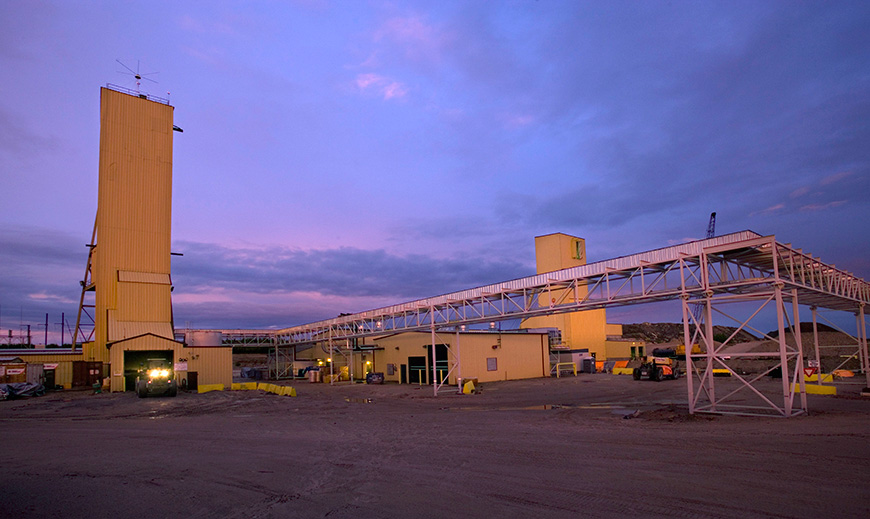Cameco shares surge despite posting Q1 loss

Despite the near-term costs of its business strategy and the unplanned disruptions due to the covid-19 pandemic, Cameco (TSX: CCO; NYSE: CCJ) ended the first quarter of 2021 with over a billion dollars in cash, and was successful in adding 9 million pounds U3O8 to its long-term contract portfolio.
On Friday, the world’s largest publicly traded uranium miner reported a net loss of $5 million for the three months ended March 31, 2021, which the company attributed to the $33 million in additional costs resulting from the closure of its 50% owned Cigar Lake mine in Saskatchewan.
“Our first quarter results were as expected,” Tim Gitzel, Cameco’s president and CEO, said in a news release, adding that the company’s uranium operations are currently “not at the regular tier-one run rate.”
In mid-December, the company placed Cigar Lake on care and maintenance after concerns about covid-19, but resumed mining operations in April. The mine had previously been shut for six months during the first wave of the pandemic in 2020.
Due to the uncertainty surrounding covid-19, the company said it would not be in a position to provide an outlook for 2021 until the rate at which it will be able to sustainably operate the Cigar Lake mine is known.
In February, the Supreme Court of Canada dismissed Canada Revenue Agency’s request to appeal a June 2020 decision on a tax dispute involving the company, which Cameco said would ‘fully and finally’ resolve the 2003, 2005 and 2006 tax years in its favor.
In light of the increased global focus on electrification while phasing out carbon intensive sources of energy, the company sees demand for both traditional and non-traditional uses of nuclear power growing in the future.
“We are excited about the future of nuclear power generation, about the fundamentals of uranium supply and demand and about the prospects for our company,” Gitzel said.
Shares of Cameco surged 8.6% by 12:40 p.m. in New York, having hit a six-year high of $19.80 earlier in Friday’s session. The Canadian uranium miner has a market capitalization of $7.8 billion.
However, in April, the company’s stock was downgraded by Zacks Investment Research from a “buy” rating to a “hold”.
Related read: Stars are aligning for a rally on uranium markets
{{ commodity.name }}
{{ post.title }}
{{ post.date }}




Comments